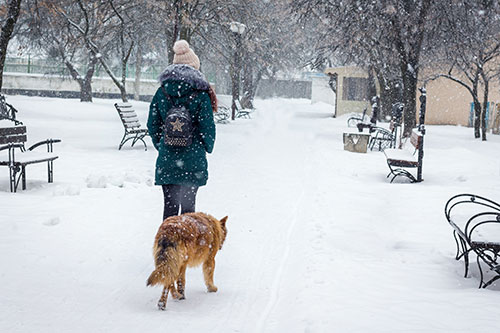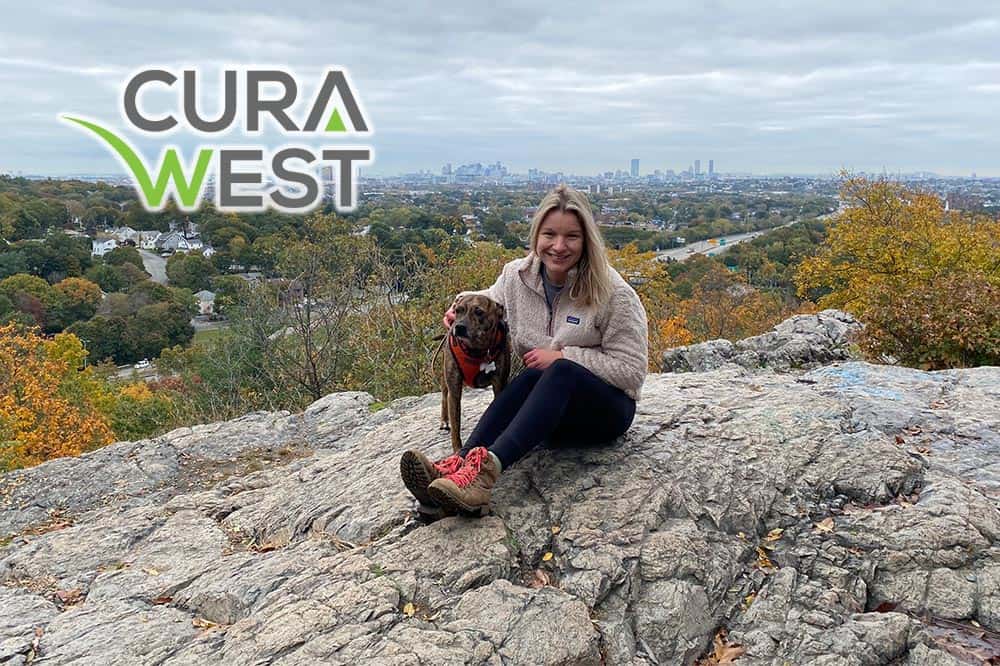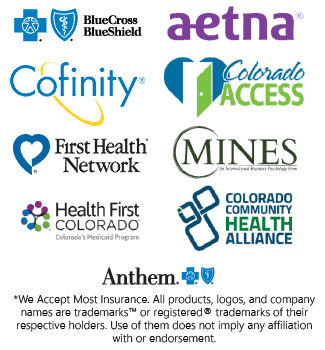Staying Sober During the Winter
Some people love wintertime; bundling up and cozy sweaters, building a roaring fire and watching the snowfall. Others absolutely despise this time of year, and slip into a deep seasonal depression that only begins to thaw as the snow melts and the skies clear. The “Winter Blues” are certainly a real thing, and can be a major threat to sobriety for those who are in addiction recovery and tend to suffer from seasonal depression. Depending on where in the country you’re located, the holiday season (and the wintertime in general) can leave you feeling lonely, isolated and depressed. The cold weather might find you trapped indoors with a very little to do by way of self-entertainment – still, there are many ways to effectively navigate this time of year without compromising the integrity of your personal recovery. In fact, with the recent shift from in-person 12-step meetings to virtual 12-step meetings, staying connected and involved in your sobriety is easier than ever before. COVID-related quarantine and cyclical nationwide shutdowns in reopenings have not been easy on any of us. However, some good has come from the situation. Many recovery related resources are now available online, and you can attend a virtual 12-step meeting from the comfort and warmth of your own living room.
For some men and women, staying sober during the winter is no small task. However, with the right relapse prevention tools and coping mechanisms in place, you can make it through any time of the year unscathed.
Seasonal Depression – It’s a Real Thing
Substance abuse and mental health are very closely interwoven. Many men and women who struggle with substance abuse and dependency also suffer at the hands of a mental health condition like anxiety or depression. While there are many different types of depressive disorder, Seasonal Affective Disorder (SAD) is among the most common. According to the National Institute of Mental Health, SAD is a type of depression characterized by its recurrent seasonal pattern. The symptoms associated with SAD generally last for between four and five months every year. The signs and symptoms include those that are associated with major depression, and while the below-listed symptoms are common among SAD sufferers, it is not likely that all of the following symptoms will be experienced.
We Are Here For You
Let Us Help You Heal
Our Drug & Alcohol detoxification experience is second to none.
Learn how we can help by speaking with one of our Treatment Advisors today.
The most common symptoms associated with winter-pattern Seasonal Affective Disorder include:
- Oversleeping, also known as hypersomnia
- Overeating, which often leads to weight gain
- Social withdrawal
- Feelings of depression that occur nearly every day
- Feeling sluggish and fatigued throughout the day
- Experiencing low energy levels
- Feelings of worthlessness and hopelessness
- Difficulty concentrating
- Experiencing frequent thoughts of death and suicidal ideation
An article published in Comprehensive Psychiatry titled, “Alcoholism and seasonal affective disorder,” suggests that changes in mood and behavior that occur during winter can be closely related to alcoholism. The symptoms associated with this disorder are often self-medicated, and sufferers tend to engage in substance abuse more frequently than members of the general population. If you tend to get depressed around the winter time, or you simply lack motivation during this time of year, there are several steps you can take in order to ensure that your sobriety is being protected and that you are staying on the right path as far as your personal program of recovery goes.

Our Drug & Alcohol Detox Services Include
6 Winter-Related Relapse Triggers
- The symptoms associated with SAD can lead to relapse when left untreated.
- The holiday season can serve as a relapse trigger for a number of reasons.
- When it is cold outside, it can be difficult to find healthy ways in which to occupy your time.
- You might have a difficult time getting to the 12-step meetings you are used to attending.
- The winter months are often associated with heavy drinking and recreational drug use.
- As the days get shorter and colder, maintaining a positive and optimistic attitude can become more difficult.
Ready To Begin Your Drug & Alcohol Detox?
We Offer A Safe & Effective Program
Don’t let Drug & Alcohol addiction control your life.
Call us today and let’s get you started on the path to a better you.
Helpful Tips for Staying on the Right Track
If you feel especially triggered during the cold, winter months, there are several tips you can utilize in order to stay on the right track as far as your recovery goes.
- Develop a daily 12-step meeting plan – One of the benefits of living in these strange and unprecedented times is the transition from in-person meetings to virtual platforms. Because of COVID-related social restrictions, many Alcoholics Anonymous meetings have made the transition from local meeting houses to Zoom and other online platforms. This means that you can attend 12-step meetings on a daily basis from the comfort of your own home. In order to maintain structure during the cold winter months, write out a list of virtual 12-step meetings to attend on a daily basis and ask other members of the meetings to help hold you accountable.
- Schedule at least one “social” event every week – more if possible! – In order to prevent crushing feelings of isolation, it is important to organize recurring social events, even if this means several hours spent with one close friend. For example, make Friday night “movie night,” and have two of your best friends over for dinner and a movie viewing every week. Host a Taco Tuesday at your house, potluck style, and invite a friend or two over for a meal and conversation every Tuesday evening at around the same time. Having standing plans is always a good idea.
- Take up a winter-specific hobby or find a winter activity that you enjoy – Staying inside out of the cold might seem like the most appealing option. This year, try stepping outside of your comfort zone and attempting a winter-specific activity that you may have never tried before. even if it doesn’t end up being your jam, there is a good chance that you will have fun in the process. Go snowshoeing, for example, or do something as simple as building a snowman with a close friend.
- Take up journaling – This is a great time to engage in self-reflection. Not only will journaling add a little bit of structure to your daily routine, but it will help you work through potentially uncomfortable emotions in a healthy and productive way.
- Schedule daily, recurring phone calls with your sponsor and other members of your sober support system – Of course, it is a good idea to call your sponsor every single day regardless of the time of year. Scheduling recurring phone calls with other members of your sober support group will help keep you accountable while adding additional structure to your day-to-day life.
- Practice gratitude – It can be somewhat easy to fall into old ways of thinking that involve victimization and self-pity. In order to maintain a sense of gratitude, write out a nightly gratitude list or start the morning with verbally confirming five things that you are grateful for.
- If you feel unmotivated, deeply sad and unable to function, speak with a medical professional – If nothing seems to work, you might be struggling with a diagnosable seasonal affective disorder. If you suspect that this might be the case, set up an appointment with a therapist or psychologist. Do what you have to do to take care of your mental health.
- Consider moving to a warmer climate – If you feel dangerously close to relapse whenever winter comes along, you might want to seriously consider moving to a more temperate climate. Southern Florida, where Guardian Recovery’s Immersion Recovery treatment center is located for example, stays relatively warm year-round – and also happens to be known as the “recovery capital of the country.”
- Order some Daily Reflections books and develop a personal reading routine – If you feel as if you need to add a little more routine to your day, order some Daily Reflection books online and start off each morning by reading an excerpt. reading other addiction recovery-related literature can also be extremely beneficial.
Begin Healing Now!
Have A Call With One Of Our Treatment Advisors
Don’t Suffer Any Longer
Our Simple Admissions Process
At CuraWest, we understand that certain times of the year can prove to be more triggering than others. We work to instill our clients with all of the relapse prevention tools they need in order to stay sober no matter what obstacles they face. If you are currently in recovery and you would like additional tips on how to stay sober during the winter, feel free to reach out to us at any point in time. If you or someone you love has not yet sought professional help for a substance abuse disorder, reach out to us today for more information on our comprehensive and highly individualized program of recovery. We have carefully developed a simple admissions process that makes receiving the clinical care you or your loved one needs as straightforward and uncomplicated as possible. As soon as you reach out, our Treatment Advisors will begin smoothing out all of the finer details – like covering the cost of treatment and developing travel plans – before setting a date and a time for intake. For more information on our effective, medically monitored detox program, or to get started on your own personal journey of healing, give us a call today at (888) 693-1794, we are available to help you 24/7.

Reviewed for accuracy by:
Jasmine Billups
LPC-S
Jasmine has worked in the mental health field for over 18 years. She earned her B.A. in Psychology with a Minor in Child and Family Relations from North Carolina Central University, and her M.A. in Mental Health Counseling from Argosy University. Jasmine is a Licensed Professional Counselor Supervisor and has specialized in addiction for over 10 years.























